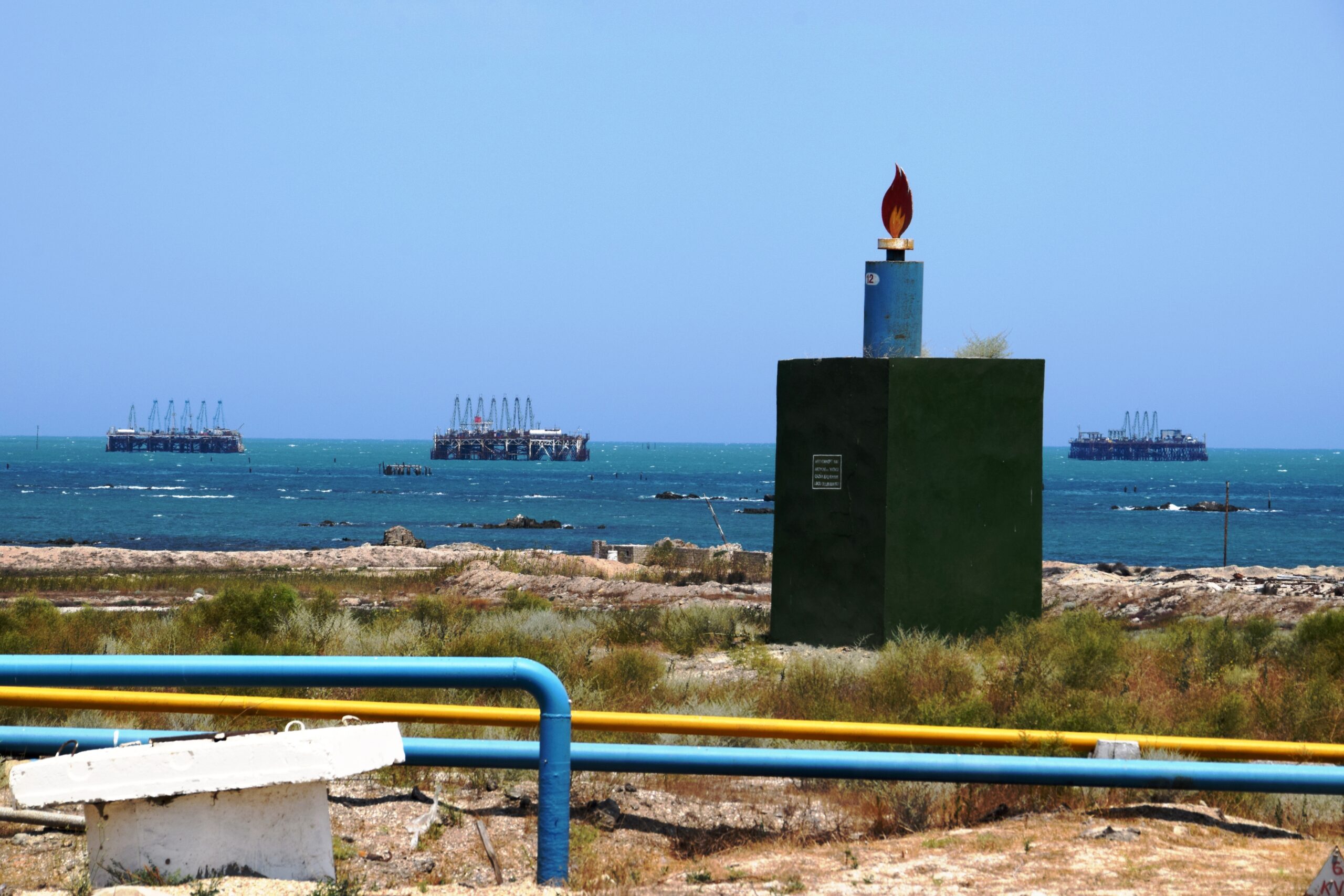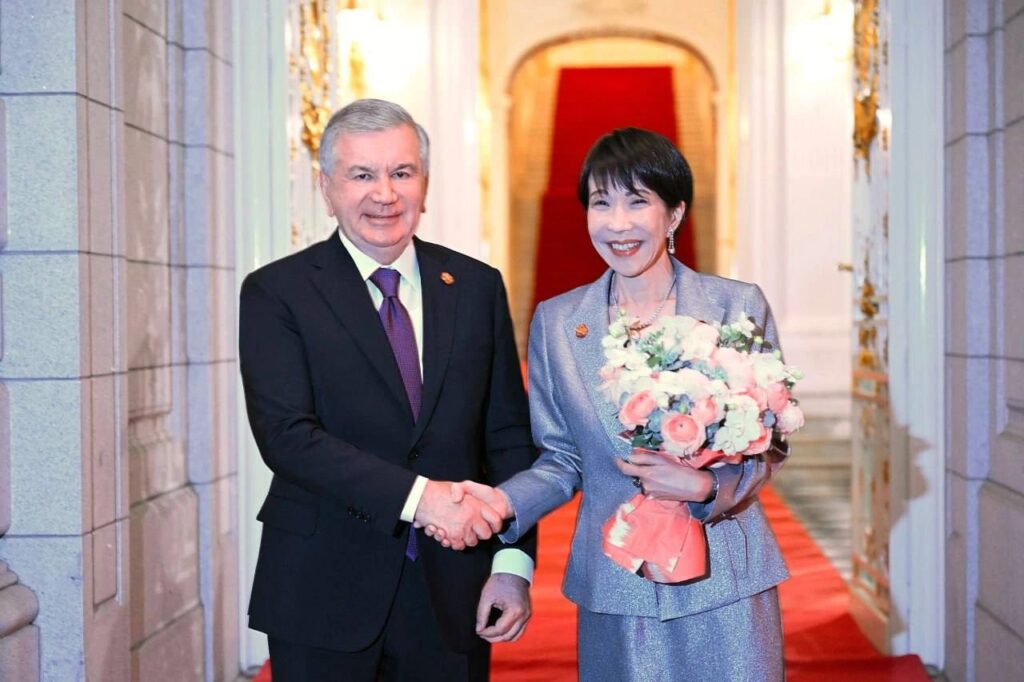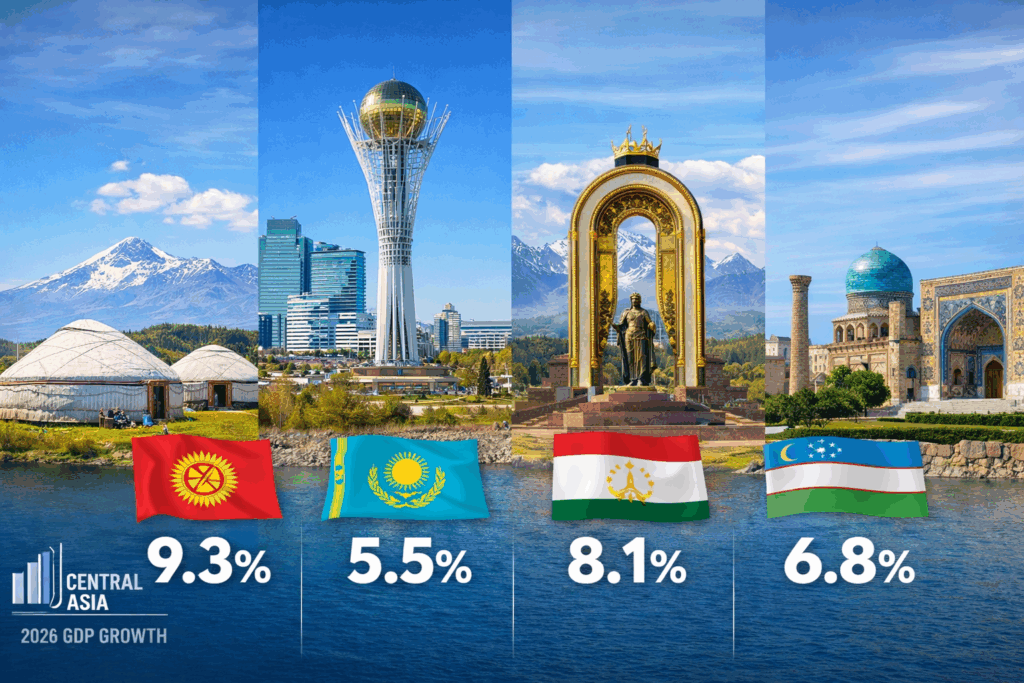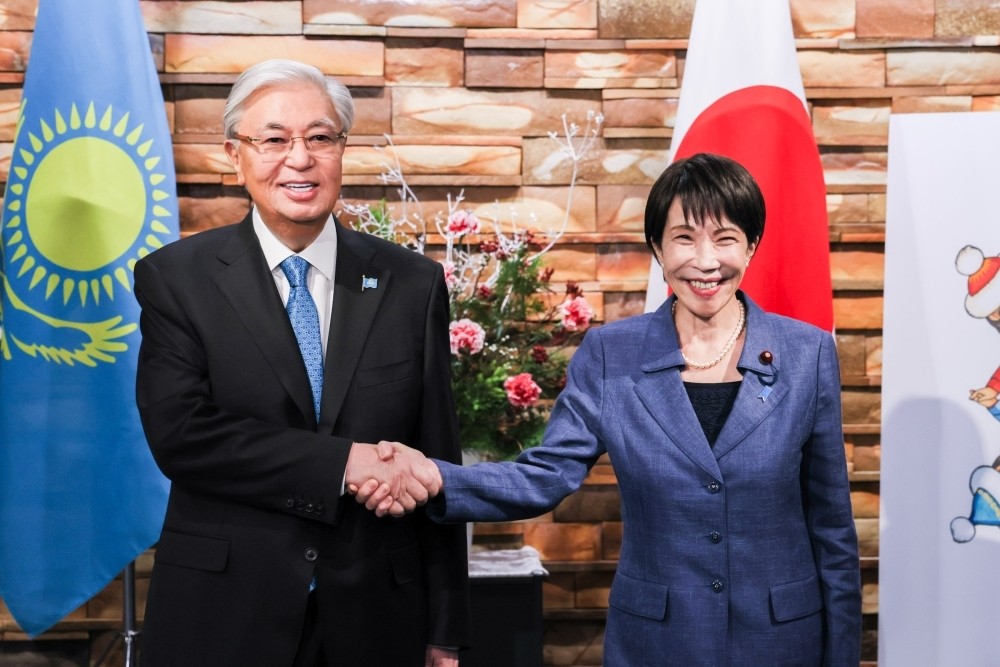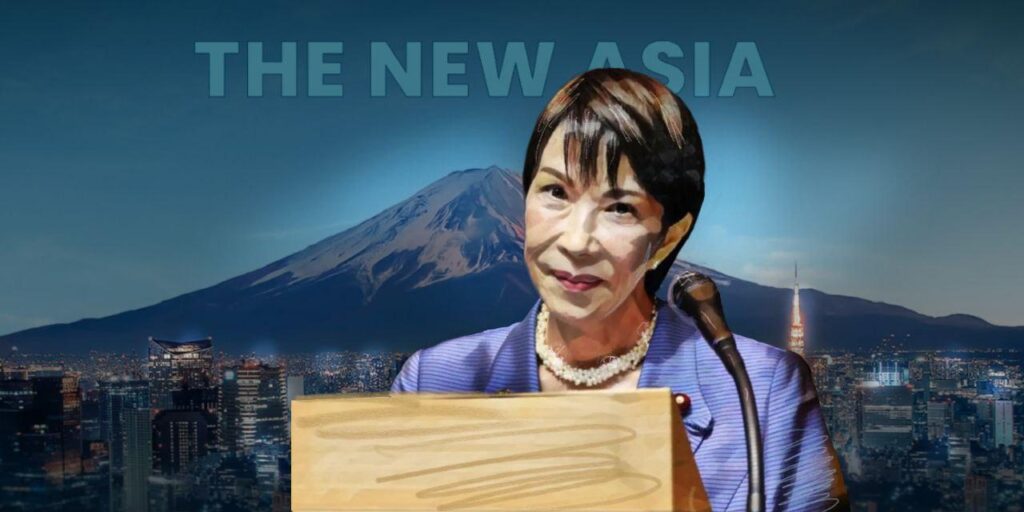Kazakhstan’s foreign-trade priorities have markedly evolved in response to global market demands and geopolitical shifts. Historically, the country has relied on its neighbors, particularly Russia, for trade and economic security. However, in recent years, it has been strategically diversifying its trade partners to leverage its geographical position and resource wealth more effectively in the global market. This wealth includes significant reserves of oil, natural gas and minerals. In 2023, Kazakhstan’s trade turnover broke a historical record and reached $139.8 billion. Top exports include crude petroleum, gold, refined copper, ferro-alloys, and copper ore.
The strategy of diversification enhances Kazakhstan’s sovereignty and economic stability, providing support for President Kassym-Jomart Tokayev’s multifaceted reform programs. These reforms include, among other things, increasing workers’ salaries, reducing corruption, abolishing capital punishment, and decentralizing the government. In his state-of-the-nation address, Tokayev announced a transition to a new economic model involving further de-monopolization and diversification of the economy.
The recent realignment of Kazakhstan’s trade relationships is marked by China’s ascendancy over Russia as the country’s principal trading partner. This development in turn reflects regional trade dynamics and underscores broader geopolitical and economic trends within Central Asia. In 2023, yearly trade turnover between Kazakhstan and China surged 30% to $31.5 billion. This growth is emblematic of deepening economic ties and expanding trade routes across Eurasia, Asia, Africa, and Europe.
China’s investment in Kazakhstan, especially in infrastructure and energy sectors, is a critical factor in this ascendancy. China has invested $36.7 billion in Kazakhstan’s economy in the last 17 years, with two-thirds of this (or $25.2 billion) invested in the power sector. Approximately half of the investments are in oil and gas, while the rest are mainly in mining and ore processing, machine manufacturing, energy and food production.
The partnership between Kazakhstan and China offers Kazakhstan significant economic growth opportunities, but necessitates careful navigation of its relationships with both China and Russia. President Tokayev is keenly attentive to balancing economic benefits with the need to maintain sovereignty and avoid over-dependence on a single partner.
Russia’s yearly trade turnover with Kazakhstan fell 3.7 percent to $26 billion in 2023. This decrease reflects the broader economic challenges and the volatility that Russia faces, impacting its capacity to engage in foreign trade at previous levels and pushing Kazakhstan to seek reliable and economically beneficial partnerships.
This shift in trade dynamics illustrates the ongoing realignment in the geopolitical landscape of Eurasia. China’s emergence challenges Russia’s historical influence in Central Asia. Kazakhstan’s enhanced cooperation with China reflects a strategic alignment and a hedging strategy against over-reliance on any single country.
China’s higher profile is not the only significant characteristic of Kazakhstan’s evolving trade policy. Kazakhstan is actively expanding its trade relationships beyond its traditional partners to include countries in Europe and the Middle East. Italy has become Kazakhstan’s third-largest trading partner, with a turnover of $16.1 billion in 2023, underscoring Kazakhstan’s efforts to diversify its economic connections and enhance its trade portfolio with European nations. This growth highlights the potential for increased trade in goods with Europe generally, as well as Kazakhstan’s attractiveness to European investments in its energy sector and infrastructure projects, which contribute to the country’s economic modernization.
A two-year-old agreement with Turkey to facilitate the international multi-modal transportation of goods is also being implemented, bolstering the country’s position as a key transit hub. Signed in Ankara on May 10th 2022, this agreement aims to enhance the Trans-Caspian International Transport Route (TITR). The TITR, also known as the Middle Corridor, is a trade route from Southeast Asia and China to Europe via Kazakhstan, the Caspian Sea, Azerbaijan, Georgia, and Turkey.
The Baku–Tbilisi–Kars railroad, which became operational on October 30th 2017, is a significant segment of TITR. The Caspian Sea ports, including Baku Port in Azerbaijan and Aktau Port in Kazakhstan, play a crucial role in facilitating this trade. The Western Europe–Western China international transit corridor is one of the largest infrastructure projects between China, Russia, and Kazakhstan, extending from the South China Sea to the Baltic Sea.
In addition, Kazakhstan has established a trade mission in Dubai and will soon open an embassy in Algeria. These moves demonstrate Kazakhstan’s commitment to building bridges with the Middle East and North Africa (MENA) region. A trade mission will visit Dubai at the end of February, aiming to tap into new markets and increase trade flows and investment. The United Arab Emirates (UAE) has been especially active in investing in the Caspian Sea region over the last two years.
The UAE has been especially active in investing in the Caspian Sea region over the last two years. For instance, Dubai-based ports operator DP World recently obtained a 49% stake in the Special Economic Zone in the Caspian Sea port of Aktau and 51% of the Special Economic Zone in the trans-shipment city of Khorgos on the Chinese-Kazakhstan border. Moreover, Abu Dhabi National Oil Company (ADNOC) acquired a 30% equity stake in the Absheron gas and condensate field in the Caspian Sea.
Kazakhstan’s new trade strategy is a nuanced balancing act that will diversify economic partnerships, bolster resilience against geopolitical volatility, ensure sustainable growth and enhance its global stature. The current highlight of this strategy is a shift towards China and away from a traditional reliance on Russia, which not only leverages China’s economic prowess through increased trade but also positions Kazakhstan as a nexus of Eurasian supply chains.
Additionally, by expanding its economic networks and establishing diplomatic footholds in key regions of Middle East and North Africa, Kazakhstan is also broadening its global economic influence. These moves aim to foster a dynamic economy that is resilient against the turbulence in international trade markets. These strategic endeavors aim to secure Kazakhstan’s economic future and further strengthen its role on the world stage.
